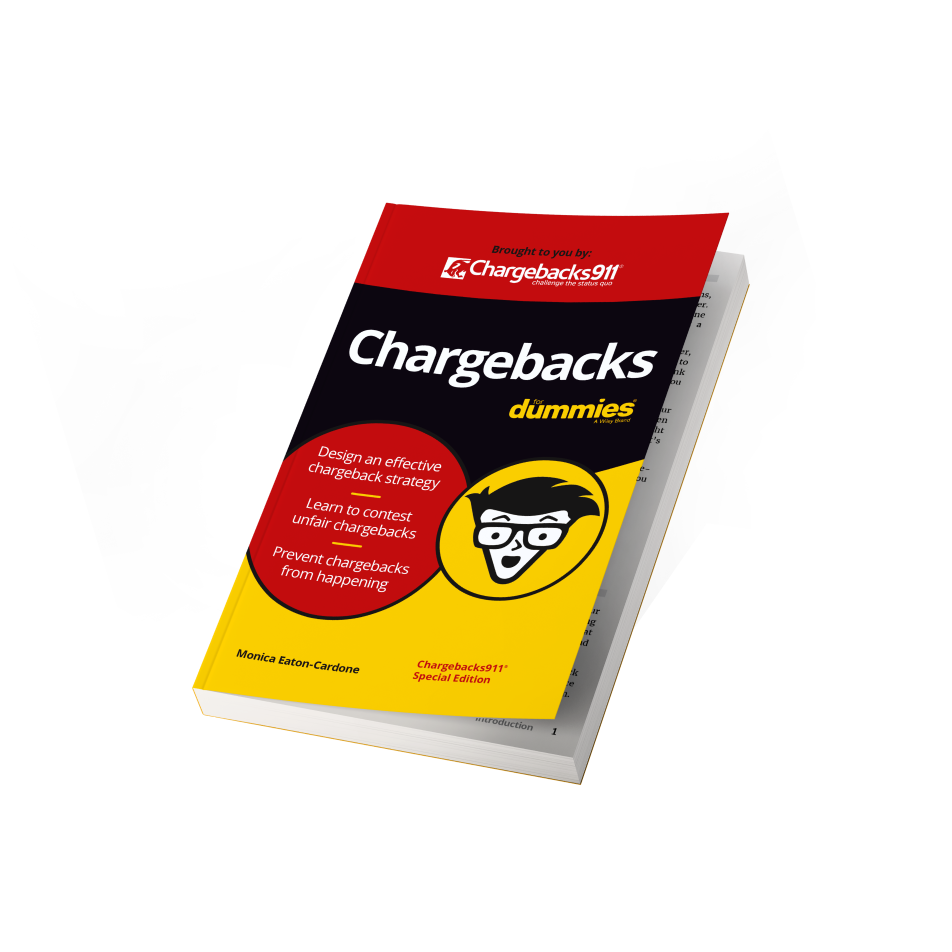Players in the Payment Process
Merchants aren’t lacking options regarding payment technology. There are multiple options available that get the job done expertly and efficiently. Independent Sales Organizations play a key role in the payment process for many merchants, but most don't know what an ISO is. So what makes an independent sales organization different? What sets ISOs apart from a member services provider (MSM) or a third-party payment processor?
Recommended reading
- 7 Common Reasons Why Issuer Declines Happen
- Merchant Identification Number: How to Find Your Merchant ID
- My Bank Account is Under Investigation? What’s Going On?!
- VAR Sheets: Get All Your Documents Ready in 4 Basic Steps
- Internet Processing: Understanding the eCommerce Process
- Issuer vs Acquirer: What’s the Difference?
What is An Independent Sales Organization?
An independent sales organization, or ISO, sounds like a team of freelance sales representatives you can hire to bring in business … and that’s actually not far from the truth. ISOs are actually outside providers connecting merchants to credit card processing.
- Independent Sales Organization (ISO)
An Independent Sales Organization, or ISO, is a specialized third-party company that sells and manages credit card processing services outside of a bank or other financial institution. This service is usually provided in exchange for a percentage of the merchant’s sales.
[noun]/* in • də • pen • dənt • sālz • ôr • ɡə • nə • zā • SH(ə)n/
An ISO allows retailers to process credit cards without having a merchant account with an acquirer. It effectively serves as a middleman between your business and the bank. To better understand what an ISO is and does, though, we should discuss some related banking terms that can confuse things.
You can think of independent sales organizations as brokers who resell and service processing abilities to businesses who either can’t or don’t wish to have a merchant account directly with a bank. They help connect millions of merchants to a comparatively small number of payment processors.
ISOs can sometimes garner a skewed reputation as an illegitimate enterprise, but they are as safe and secure as a bank. In fact, each one must be sponsored by an association member bank, which is responsible for the actual handling of funds.
A brief note: ISO’s are often confused with MSPs (Member Service Providers or Merchant Service Providers). The reason for this is simple; they’re basically the same thing. In most instances, the only difference is that Visa refers to merchant account providers as ISOs, while Mastercard uses MSPs.
Who Can Become an ISO?
To process payments safely, legally, and with member bank approval, ISOs must pass a strict vetting process. An association member bank will want to ensure the ISO meets its legitimacy and security requirements before sponsoring the company.
That said, not all ISOs are created equal. A non-registered ISO typically isn’t sponsored by a bank, but is simply a subcontractor working for a registered provider. To be safe, any merchant considering working with an independent sales organization should choose from the list of ‘registered’ ISOs… and those alone.
Why You Should Work With an ISO
If this is your first time considering an independent sales organization or MSP, you might be asking yourself if it wouldn’t make more sense to process payments directly through the bank or processor.
Well, not always.
There are several benefits to working with independent sales organizations over financial institutions and other third-party payment processors:
And since some types of businesses (online gambling, adult entertainment) are more prone to risk and credit-card fraud than others, a bank may automatically reject a merchant, based only on the type of business.
In these situations, ISOs may be your best option. Again, they have access to a wider range of vendors, meaning they may be able to procure an account on your behalf.
So if you’re looking for a more all-around personalized payment processing experience, working with an independent sales organization may be the answer. That said, potential drawbacks do exist.
Potential Downsides of Working With an ISO
As we frequently mention in this blog, there is no such thing as a truly ‘perfect’ solution in business. Independent sales organizations can be an extremely effective and prudent choice for most merchants, but like any payment and sales model, there are drawbacks, as well:
Of course, the same could be said about dealing with a bank or processor, but if response time concerns you, factor a smaller-sized ISO into your search. If you and an ISO are going to establish a positive and mutually beneficial working relationship, it’s wise to vet each of your choices carefully.
What to Look For in an ISO
It should be clear by now that not all independent sales organizations are ideal for every business. To make the best decision, you should look for an ISO that most closely aligns with your individual needs and possess:
- Member bank certification
- Verifiable industry expertise
- Dynamic partnerships
- Tech certifications and capabilities
- Capable and informed staff
- A plan for your business
Again, you’re probably safest if you stick to companies on the registered list.
Once you’ve found a company that fits the above considerations, ask their representatives about the following:
#1 | Is Their Tech a Good Fit?
Depending on your business type, you may require more than one method of taking payments. A brick-and-mortar merchant with a heavy eCommerce component, for example, will need payment technology solutions that integrate with both.
Not all tech is the same, so be sure you choice aligns well with you and your equipment.
#2 | What Payment Types are Supported?
Most payment processors accept just about every type of card out there (definitely make sure to ask this question aloud), but you may need to accept alternative forms of payment. If your business requires BNPL or recurring billing options, make sure your ISO represents a payment processor who offers these options.
#3 | Fees and Pricing
Each ISO and payment processor has its own associated costs and fees, from transaction fees to interchange fees to residuals. We’ve said it before, but it bears repeating: before you select an ISO, make a careful comparison of costs–including potential hidden fees. The right vendor should be a good working fit… but you also want to be sure you’re getting the most out of your investment.
The Bottom Line
Independent sales organizations are a great alternative to working directly with a bank to process payment cards. That said, whenever you outsource functions like payment processing, it’s important to know exactly what you’re getting into and what you’re hoping to achieve.
Thankfully, you don’t have to work through the selection process alone.
If you’re on the fence about payment processors because you are experiencing a high number of chargebacks, effective chargeback management could be your solution.
Call Chargebacks911 today for your free ROI analysis.













